How to become a self-taught game developer
With the global demand for video games on the rise, being a game developer becomes, more than ever, an interesting career path. Becoming a game developer can be an exciting, but breaking into the industry can be difficult, especially when you’re a self-taught with no professional connection yet.
In this blog post, we’ll provide you with a step-by-step guide on how to become a self-taught game developer. By following these tips and putting in the effort, you’ll be well on your way to becoming a successful game developer and bringing your own unique ideas to life in the gaming world.
This article is part of a series on getting started with game development and game engines. We recommend you read the series in order, but feel free to jump around.
- What is an Indie Game?
- How to become a self-taught game developer
- The 7 Stages of Game Development
- Indie game programming for complete beginners
- 23+ Game Development Courses and Resources
- How to choose the right game engine
- Unity vs. Unreal
- Unity vs. Godot
- Game development with Unity
- Unity Basics
- Unity Free vs. Pro
- Unity Asset Store
- Best Unity Courses for 2024
Learn the basics
To create your own games, you need to learn the basics of game development. This includes learning programming languages such as C++, Java, or Python, and practicing coding skills. You can start by taking game development courses or reading books on game development.
Choose a game engine
Game engines are software programs that developers use to create video games. Some of the most popular game engines include Unity, Unreal Engine, and Godot. Choose a game engine that suits your needs and learn how to use it effectively.
📄 Resources:
Build a portfolio
Building a portfolio is essential for showcasing your skills and experience to potential employers. Create small games or game prototypes and add them to your portfolio. This will demonstrate your programming and game development skills and make you stand out from other candidates.
Join a game development community
Joining a game development community can provide you with valuable insights, feedback, and networking opportunities. You can participate in online forums, a game dev Discord community, attend game development events, or join local game development groups.
Gain work experience
Internships or entry-level positions are great ways to gain work experience in game development. Many game development companies offer internships or entry-level positions for aspiring game developers. This will give you a chance to work on real projects and learn from experienced professionals in the field. Be sure to review game developer salaries before you get too deep into the process. It’s crucial that you assess your salary expectations for your career and find a role that meets your expectations.
Keep learning
Game development is constantly evolving, and new technologies and programming languages are emerging. It is s important to keep learning and stay up-to-date with the latest trends and advancements in the field. Attend workshops, conferences, or online courses to keep your skills sharp. For example, if you are specializing in Unity, you would benefit from the best Unity courses
Be persistent
Becoming a game developer requires hard work, persistence, and dedication. Don’t get discouraged by rejection or setbacks. Use feedback to improve your skills and keep pushing forward.
Conclusion
In conclusion, becoming a game developer requires a combination of technical skills, creativity, and persistence. Start by learning the basics, choosing a game engine, building a portfolio, joining a community, gaining work experience, and keep learning. With dedication and hard work, you can turn your passion for video games into a fulfilling career in game development.





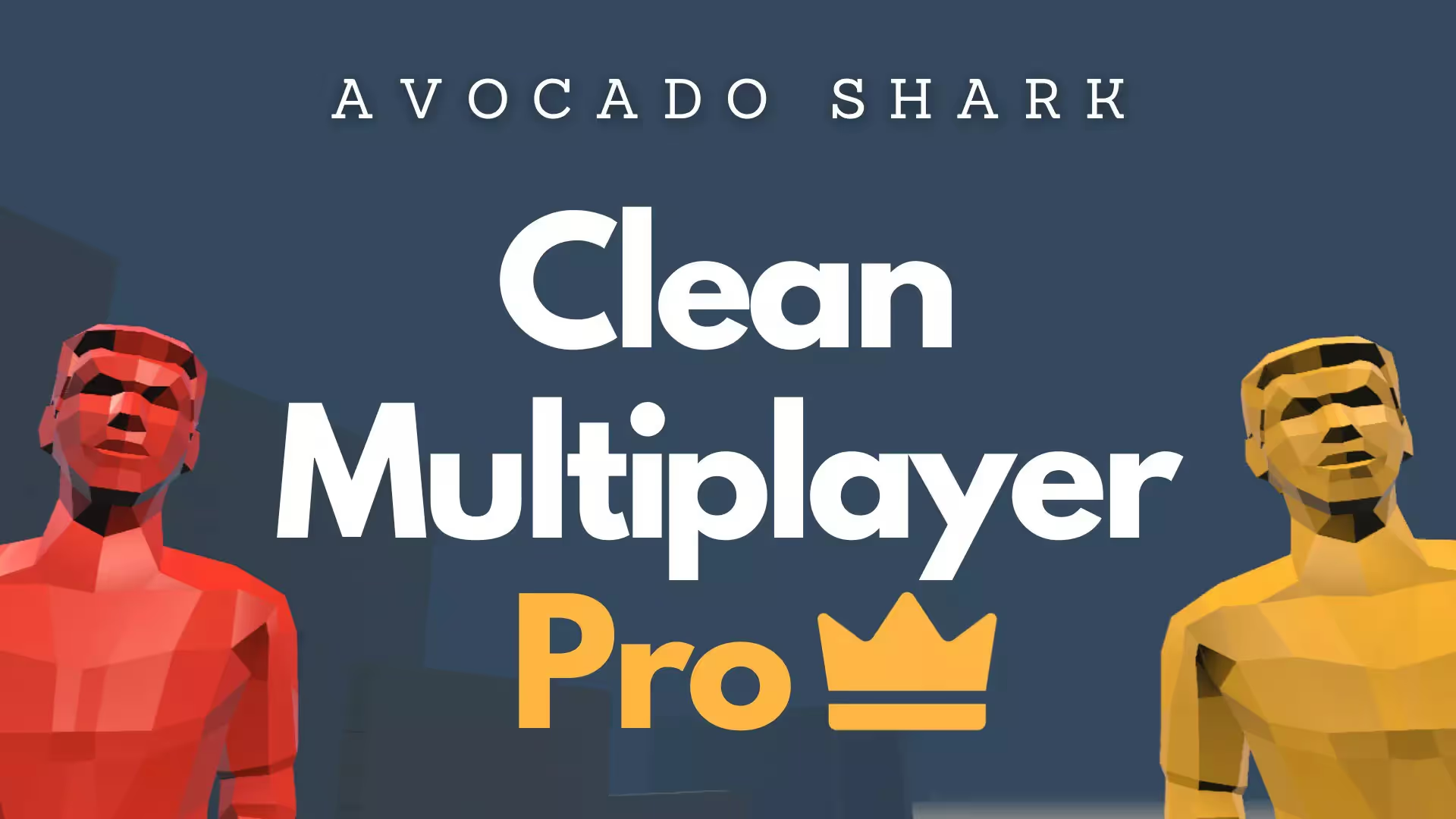


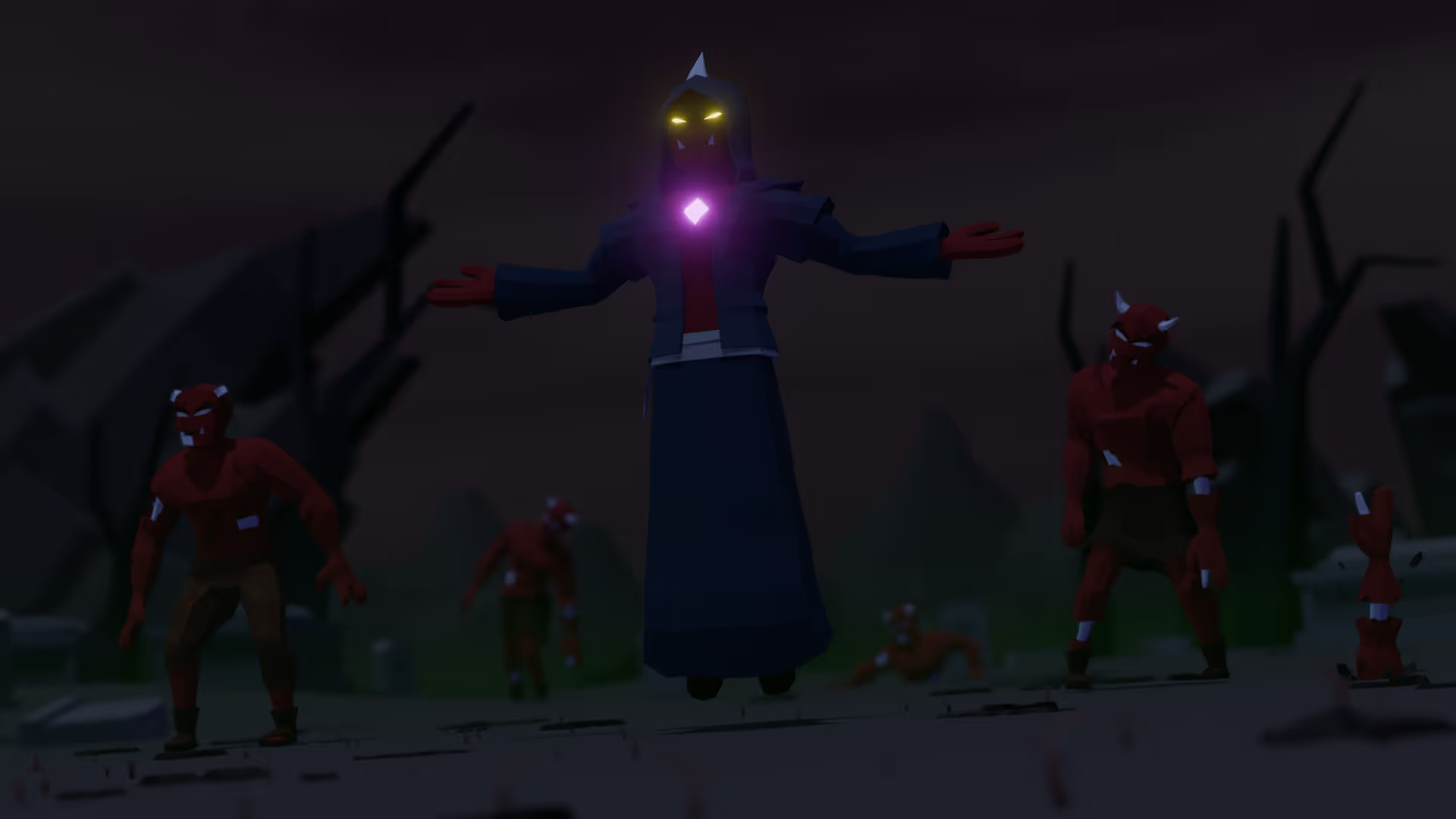


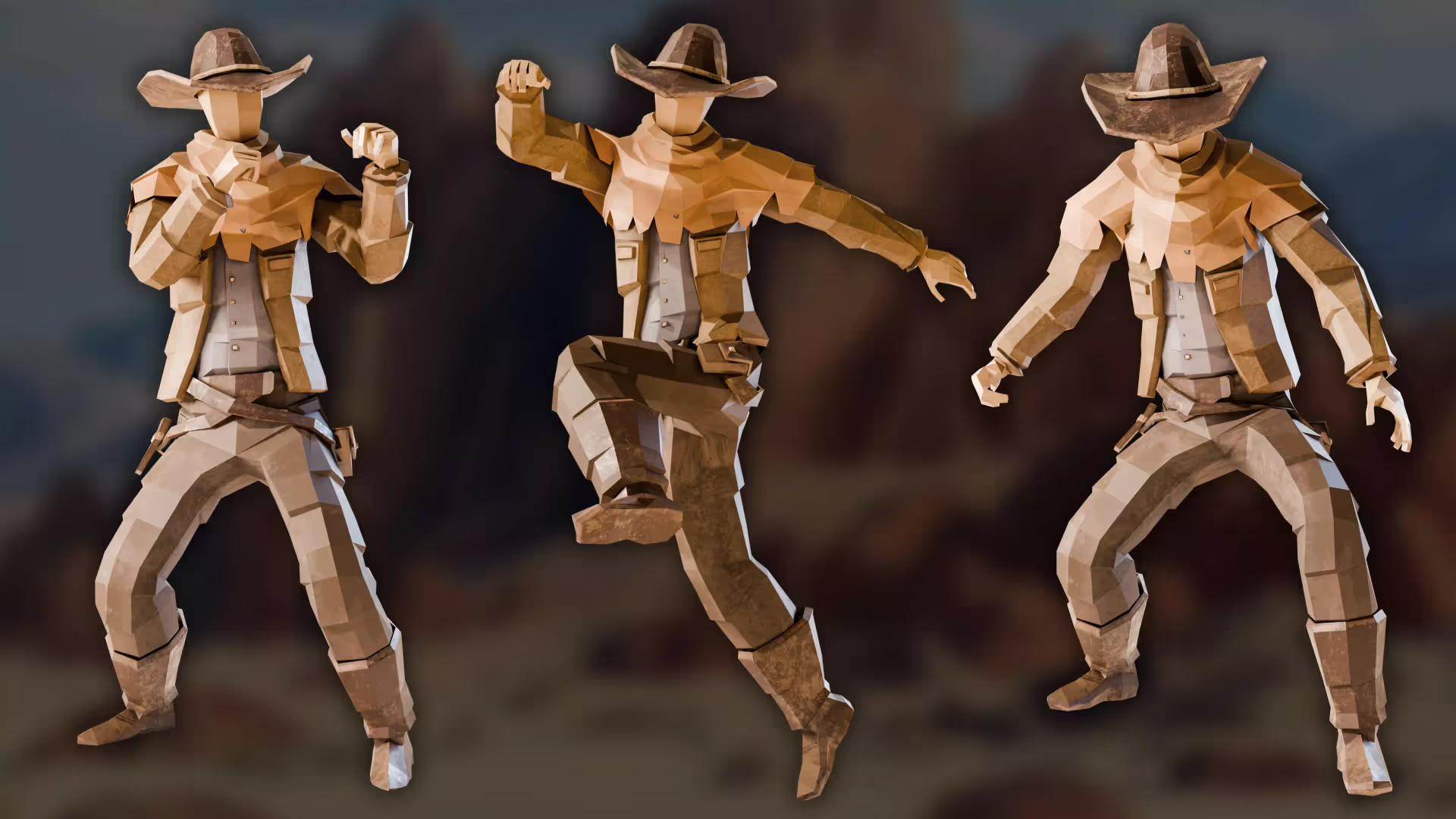

.avif)



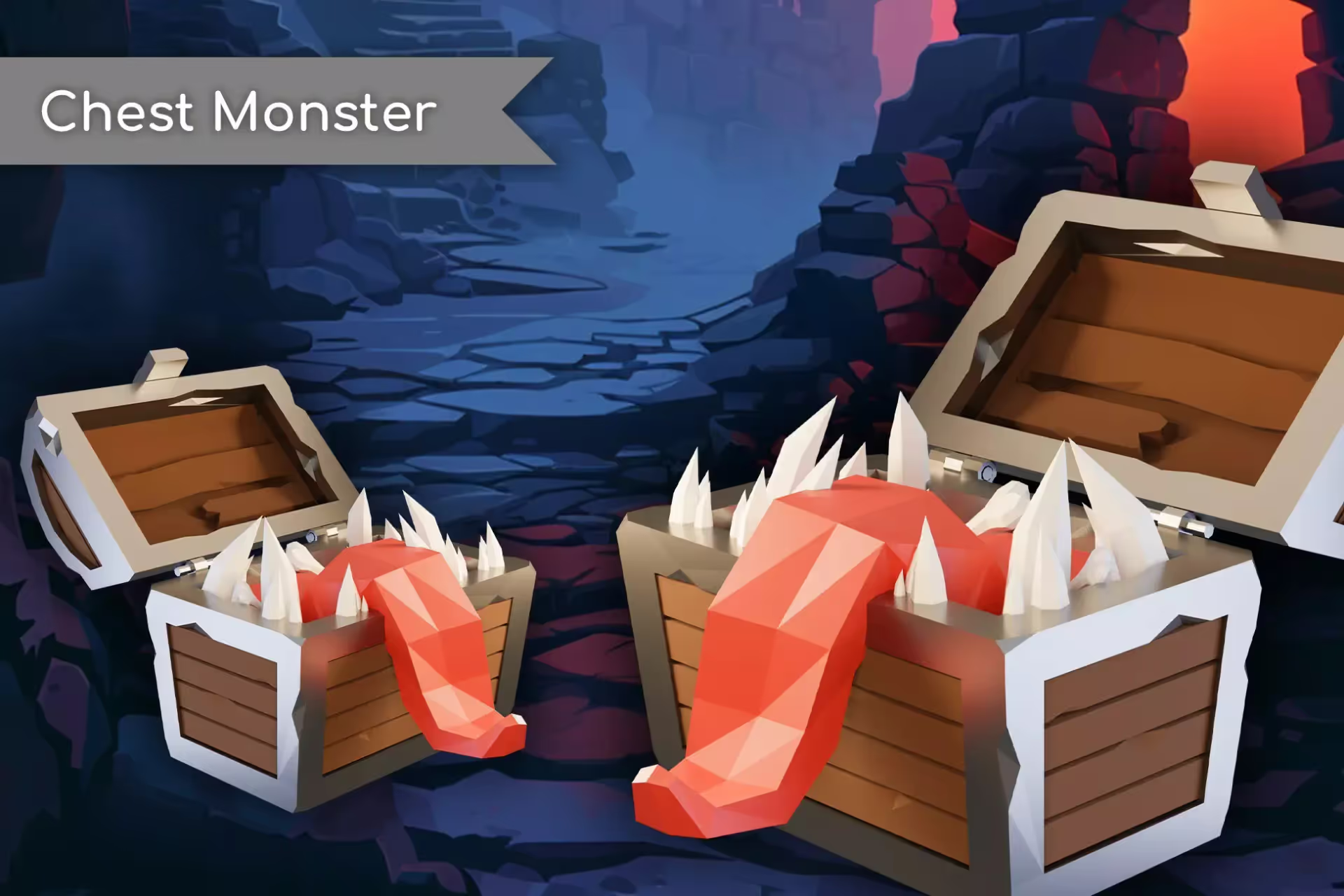


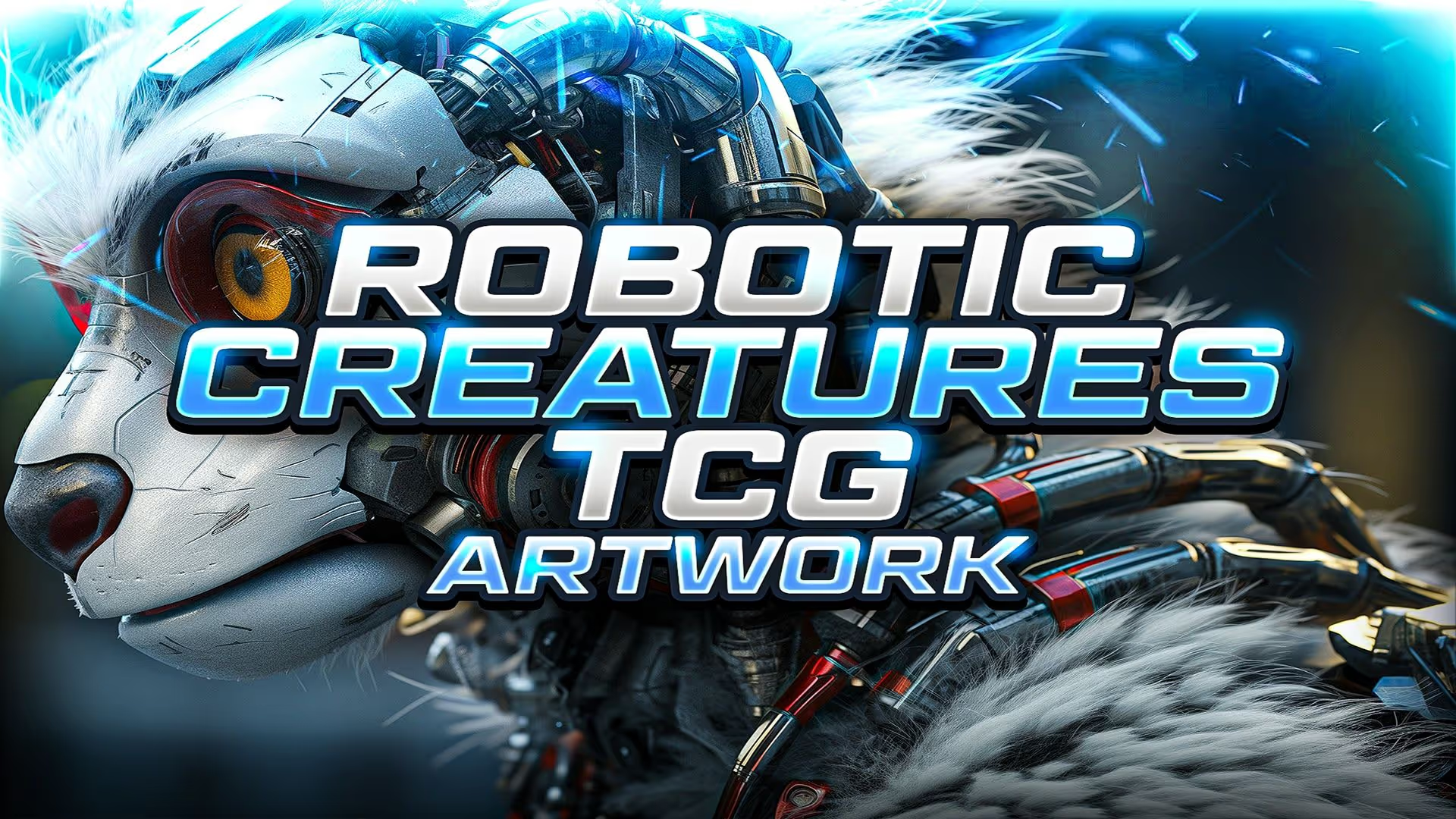


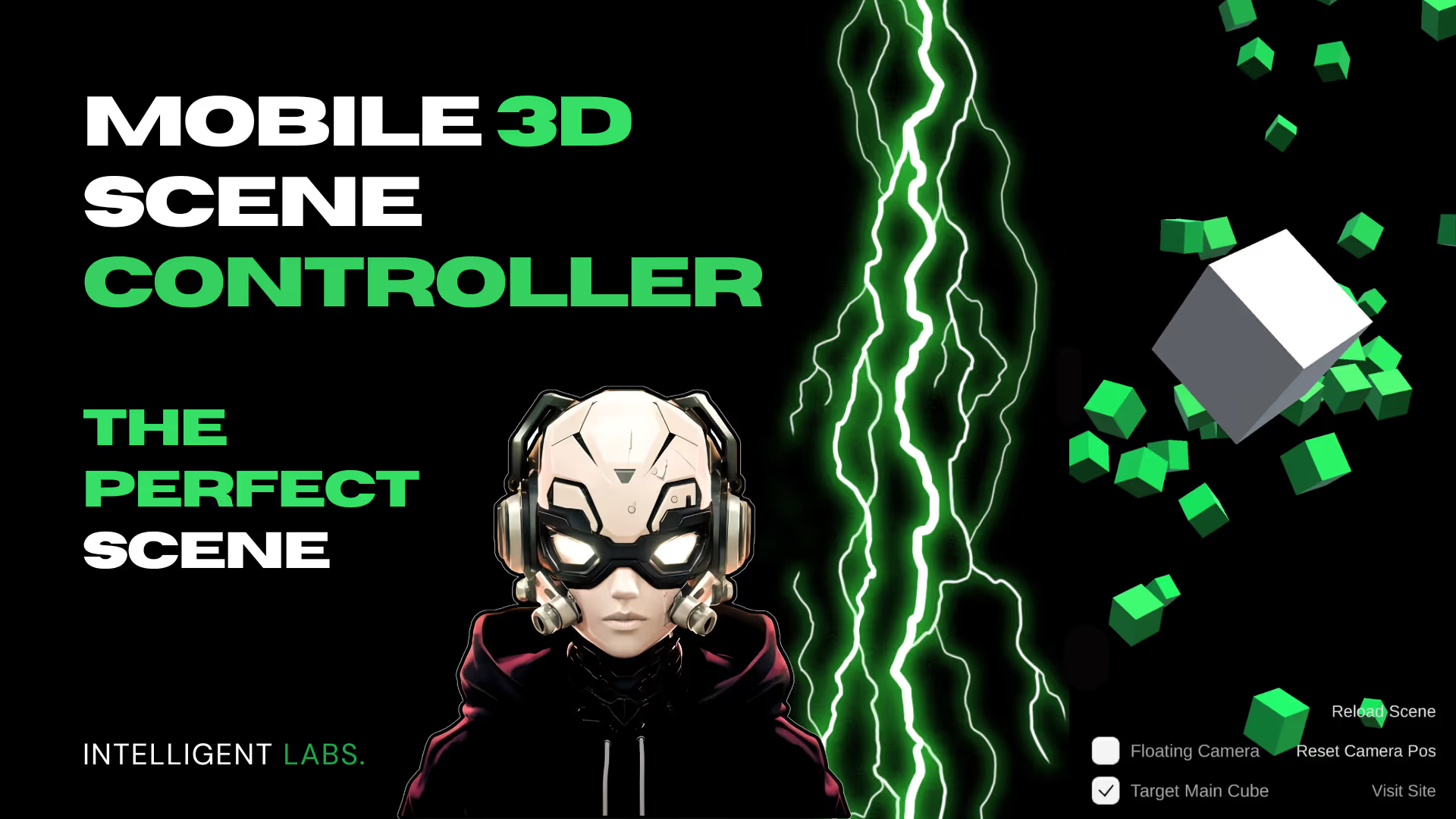

.avif)


